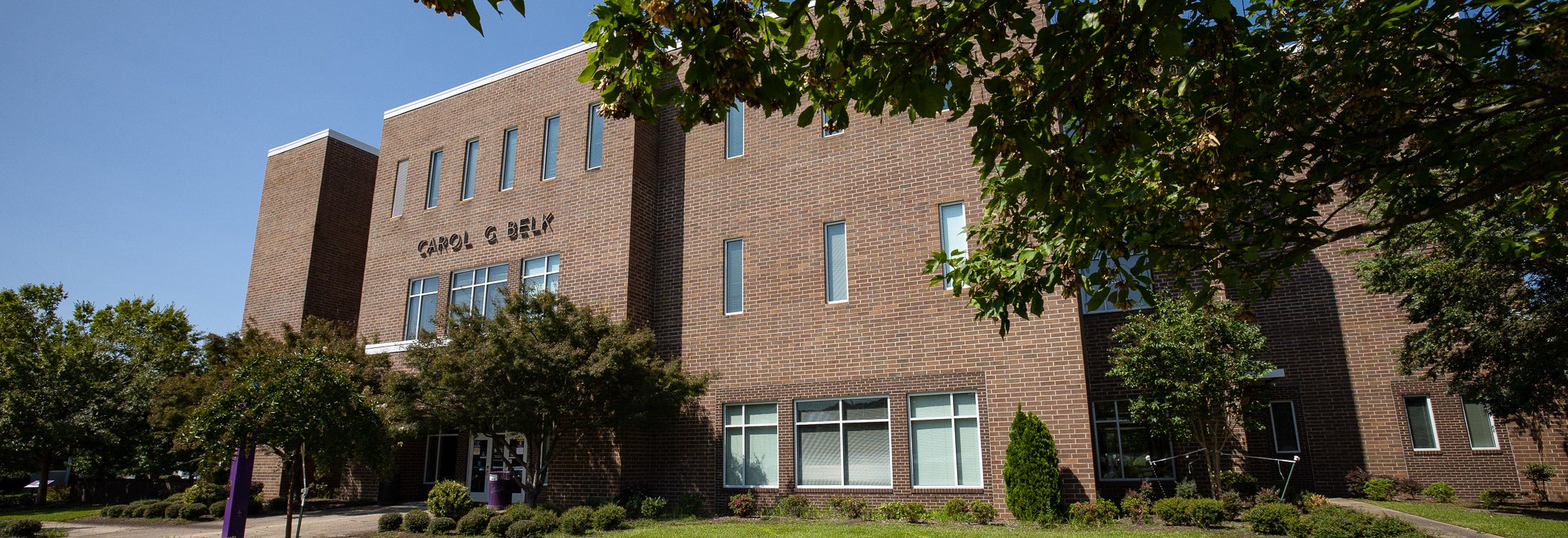Sport management fully implemented into RSSM department
The College of Health and Human Performance has made a department name change within the college, announcing the Department of Recreation Sciences and Sport Management to replace the former Department of Recreation Sciences.
In addition to the department name change, there’s an update in the bachelor’s degree in recreation, park, and sport management. Students have two pathways with a concentration in sport management or a concentration in recreation and park management.
The sport management concentration provides the opportunity for students to study many aspects of sport and pursue sport-related careers, including in marketing, event operations, facilities and athletics administration. The concentration in recreation and park management is accredited by the Council on Accreditation of Parks, Recreation, Tourism, and Related Professions (COAPRT).

Track and field Olympic champion LaShawn Merritt takes a picture with ECU’s group that experienced Super Bowl LVIII week in Las Vegas in 2024.
The Master of Science in recreation sciences and sport management degree also includes a sport management concentration, along with concentrations in recreational therapy and recreation management.
“The sport management program fits well within the department and has spurred several new collaborative relationships with faculty from recreation and park management and recreational therapy,” department chair Dr. Clifton Watts said. “The move of the program benefits students as it expands their job possibilities, because municipal recreation departments in North Carolina have athletics divisions in which students can perform internships or acquire seasonal work during different athletic seasons. Furthermore, we have several students who pursue credentialing as a certified adaptive recreation and sports specialist (CARSS) through the disability and adaptive sport course offered in our recreational therapy program. These opportunities and others broaden the career pathways students can explore and offer different possibilities beyond what traditional sport management programs offer.”
Watts added that there’s been a widespread boost during this transition.
“There’s also good synergy among our faculty in terms of research and outreach,” he said. “We have seen partnerships among the three programs (recreational therapy, recreation and park management, sport management) through the recent Special Olympics intercultural exchange program and through the Sport and Community Development Lab, which came over in the merger. It’s been a real boost to the entire student body in the department.”
